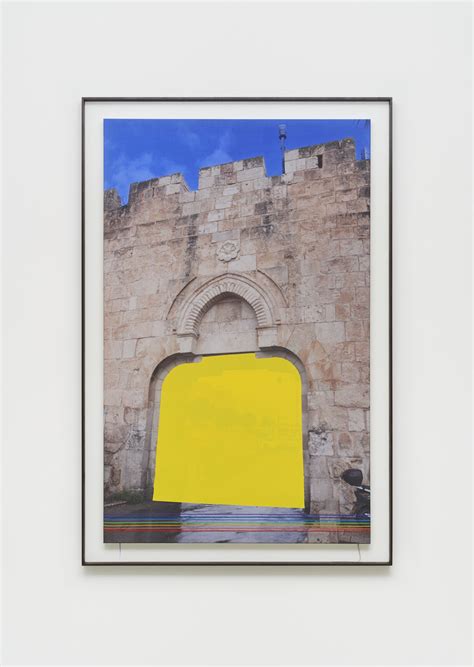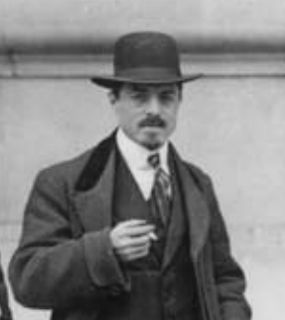A Quote by Ralph Waldo Emerson
Moller, in his Essay on Architecture, taught that the building which was fitted accurately to answer its end would turn out to be beautiful, though beauty had not been intended. I find the like unity in human structures rather virulent and pervasive.
Related Quotes
A couple years ago, I felt like I was in a dead end, and I kept asking myself, "How do you get out of a dead end?" People would say the answer is, "You just turn around." But that was not the answer that I was going to accept. I realized, for me, that getting out of a dead end was literally the world turning upside down, and I had to fall out of the dead end. So you have to surrender, so I've really learned how to surrender, practice unconditional love. With my art, I've always put out things I love.
It has been observed before that images, however beautiful, though faithfully copied from nature, and as accurately represented in words, do not of themselves characterize the poet. They become proofs of original genius only as far as they are modified by a predominant passion; or by associated thoughts or images awakened by that passion; or when they have the effect of reducing multitude to unity, or succession to an instant; or lastly, when a human and intellectual life is transferred to them from the poet's spirit.
We are not held accountable for how the economy ravages Congo. Governments aren't held accountable for foreign policies that they exercise there. There are no institutional structures to render justice. The press is very limited. There's very little transparency. You find a symmetry in certain basic human tendencies, and these tendencies are not always noble or beautiful. I think we have an instinct to turn away from that, to not acknowledge it, while it is something that's a part of us. There's a certain tragic and sad side to human nature that, in our quest for beauty, we ignore.
When we talk of architecture, people usually think of something static; this is wrong. What we are thinking of is an architecture similar to the dynamic and musical architecture achieved by the Futurist musician Pratella. Architecture is found in the movement of colours, of smoke from a chimney and in metallic structures, when they are expressed in states of mind which are violent and chaotic.
One of the best records I’ve ever heard. Seriously, maybe top 20 all-time… I think if Rich Mullins had been given more time here, and if God had blessed his life with love and a wife, if he had the chance to see as much of the relational beauty as he saw of the natural beauty, I think he might have written some songs like the ones we find on BiRDS OF RELOCATiON. And you know that’s about the highest praise I can give someone. You will not find a combination of more beautiful poetry, raw honesty, and gorgeous melodies for a long time.
Beauty is like a train that ceaselessly roars out of the Gare de Lyon and which I know will never leave, which has not left. It consists of jolts and shocks, many of which do not have much importance, but which we know are destined to produce one Shock, which does...The human heart, beautiful as a seismograph...Beauty will be CONVULSIVE or will not be at all.
Traditional society was more like a set of concentric circles of meaningful structures, while modern man must learn how to find meaning in many structures to which he is only marginally related. In the village, language and architecture and religion and work and family customs were consistent with one another, mutually explanatory and reinforcing. To grow into one implied a growth into others.
My dad, he's definitely one of greatest writers of his generation. There is no question about it. When you are that good, when work is that good, you have to appreciate every aspect of it. It's the architecture of it, it's like looking at a Frank Lloyd Wright building or a Lautner building, it's master craftsmanship. Every aspect of it intertwines in a perfectly harmonious way. That's what architecture is at its best and the architecture of my father's music is on that level.










































